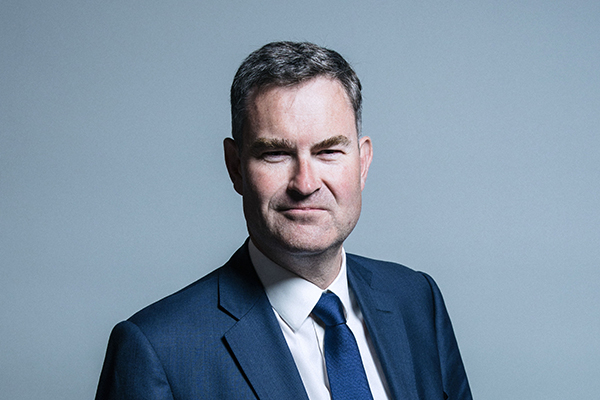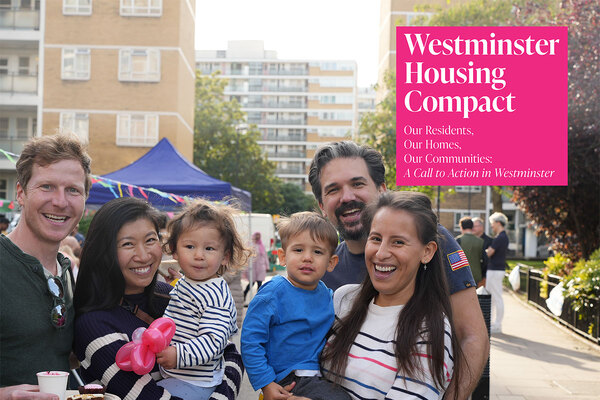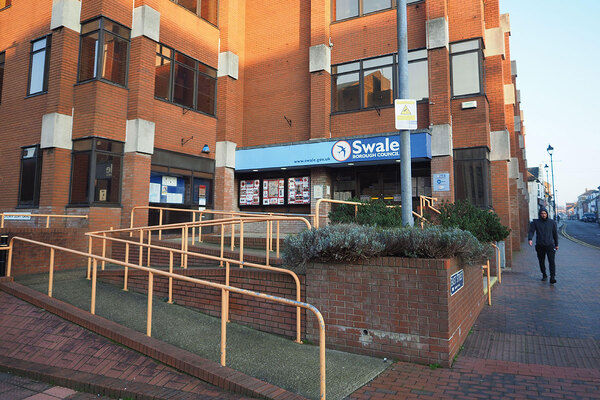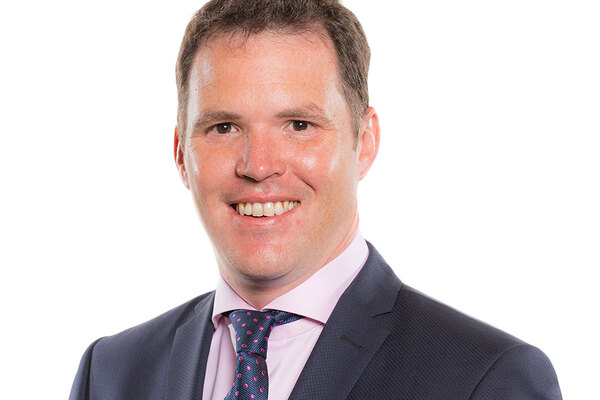You are viewing 1 of your 1 free articles
Government allows private landlords to receive Universal Credit directly
Changes to make it easier for landlords to directly receive the housing element of Universal Credit do apply to the private rented sector, the government has confirmed.
Measures to make it simpler for landlords to apply for claimants’ entitlement to be paid directly to them through Alternative Payment Arrangements (APAs) were announced at the Autumn Budget in November 2017.
However, private landlords had raised concerns that the tweak would only apply to the social housing sector after some ‘Trusted Partner’ housing associations were used for a pilot.
Following campaigning by representative body the Residential Landlords Association (RLA), the government has confirmed that private tenants’ consent to APAs will not be needed for those in at least two months’ rent arrears. Previously, explicit consent from the tenant was required.
A spokesperson for the Department for Work and Pensions told the RLA: “Effective from 20 December 2017 where a private rental sector landlord asks for a managed payment of rent to be set up, and supplies evidence of two months’ rent arrears, we will implement the managed payment – just like it was in the old system.”
Chris Town, vice-chair of the RLA, said the news was “a major step in the right direction”.
Tenants who can prove they are not in arrears or that they are in dispute with their landlord will be able to challenge APA requests.
Housing benefit, which is being replaced by Universal Credit as the new system is rolled out, is paid directly to landlords.
Tenants transitioning from housing benefit are asked if they want to keep that arrangement in place.
However, there are frequently delays in the APA payments being made and research by the RLA has found that 73% of private landlords are still reluctant to rent to tenants claiming Universal Credit.
It comes as Stephen Lloyd, MP for Eastbourne and work and pensions spokesperson for the Liberal Democrats, called a debate on Universal Credit in parliament this morning.
He said that homelessness will “skyrocket” unless further changes are made to the way the housing element of the system is administered.
In response Caroline Dinenage, health and social care minister, said: “We have already made a number of changes to UC as part of our engagement with the sector and we will continue to develop our approach based on the feedback and the evidence that we collect as we go along.”













